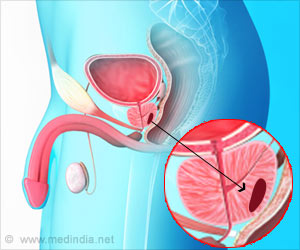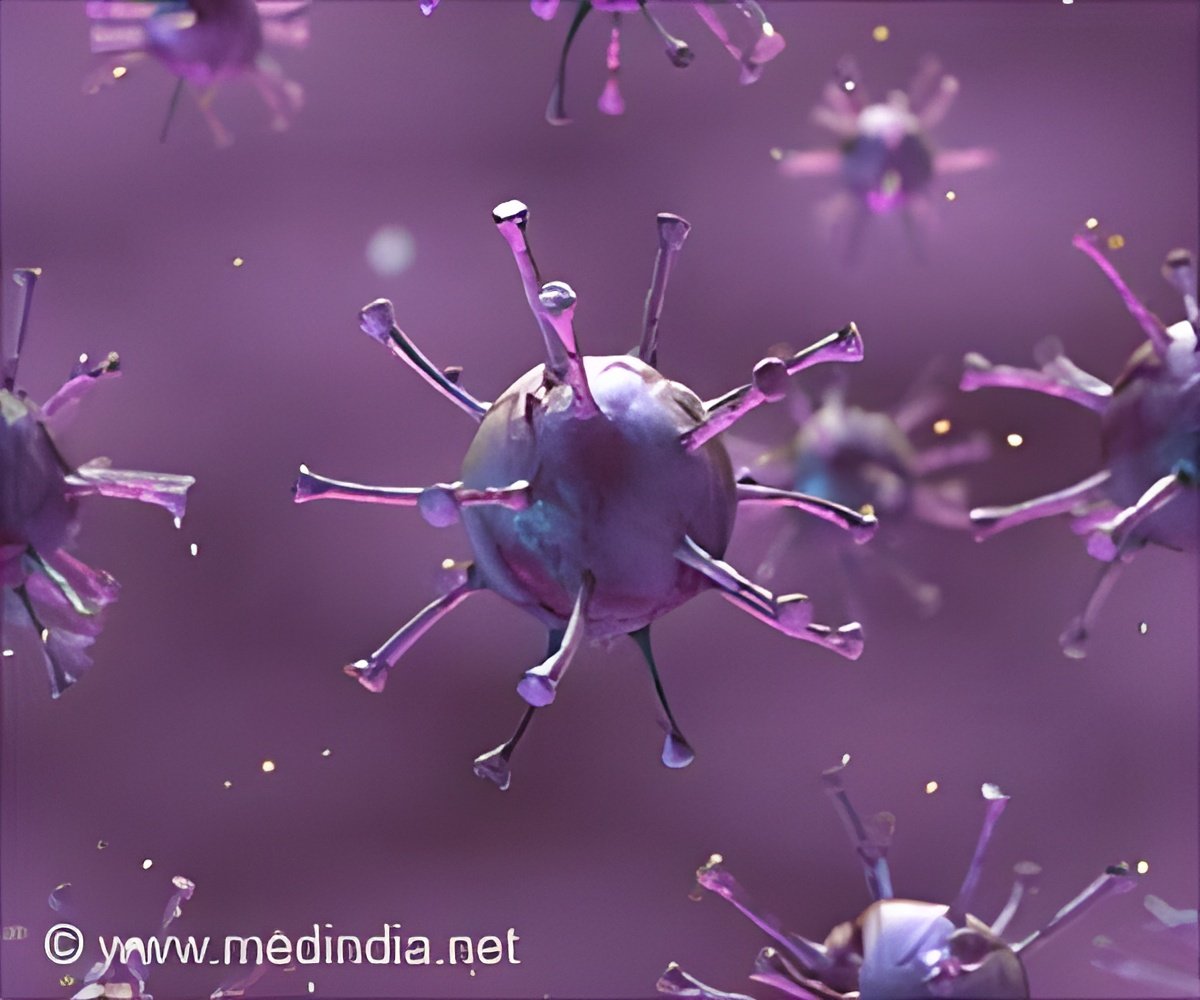
CHRM1, a receptor protein, has been pinpointed by researchers as a crucial factor in the resistance of prostate cancer cells to docetaxel, a widely utilized chemotherapy drug for advanced metastatic cancer.
The discovery opens the door to new treatment strategies that could overcome this resistance. This could ultimately help extend the lives of those with prostate cancer, one of the leading causes of cancer deaths among men.
The researchers did this by using dicyclomine, a drug that selectively inhibits CHRM1 activity. Dicyclomine is already on the market as a generic drug and is currently used to treat symptoms of irritable bowel syndrome.
“The effect was pretty dramatic in all the experimental models we tested,” said Boyang (Jason) Wu, an associate professor in the WSU College of Pharmacy and Pharmaceutical Sciences and co-senior author on the study. “And because dicyclomine already has a clinical use, this work has immediate translational potential.”
Docetaxel and Dicyclomine Combination Shows Promise in Overcoming Prostate Cancer Treatment Resistance
Published in the journal Cell Reports Medicine, the researchers’ findings support clinical testing to confirm whether combined use of docetaxel and dicyclomine could help overcome treatment resistance in prostate cancer patients. Docetaxel resistance can develop in prostate cancer after about six months of treatment. Chemotherapy drugs like docetaxel are among very few options available to patients with castration-resistant prostate cancer, a lethal form of the disease that no longer responds to hormone therapy.
Wu said this type of combination therapy could also potentially be used for other cancers that are currently being treated with docetaxel, such as breast and lung cancer. It may also be possible to use the same combination strategy with other similar chemotherapy drugs.
In addition to testing resistant cancer cell lines, the research team also tested cells that still responded to docetaxel treatment. They found that using dicyclomine to block CHRM1 in these cells made docetaxel more efficient at killing them. Wu said that this shows that prostate cancer patients could potentially benefit from a combination treatment strategy even before docetaxel resistance develops.
“Being able to use a lower dose could help reduce unwanted side effects and make treatment more manageable for patients.”
Advertisement



